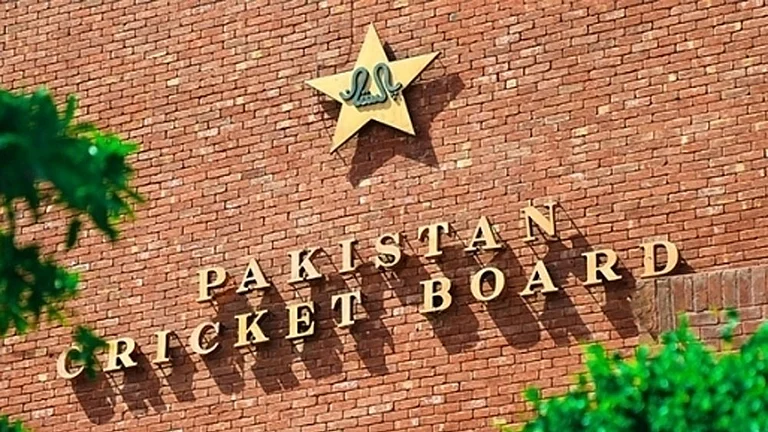Eternity may be the time a court takes to give its verdict but that doesn't scare advocate B.K. Subbarao away. As the legal advisor of Citizens for a Just Society (cjs), headed by Gandhian Usha Mehta, Subbarao rushes to court either with public interest litigations or representing a "resourceless individual who has been victimised by a resourceful system". Be it encroachments along the railway tracks in Mumbai, the blatant chemical pollution of New Bombay, the slow nuclear manslaughter by atomic power plants or the plight of the barc scientist, these are the cases that have kept him busy over the years.
His own case is no less bizarre. It made headlines at the time, but might now have been forgotten. As part of the team working on a nuclear submarine propulsion plant for the Indian Navy, Subbarao had antagonised the high and mighty at barc. Following the friction, hints were thrown at him that he might be taught a lesson. After his voluntary retirement from the navy, on May 30, 1988, when he was on his way to the US, Subbarao was detained at the airport. In his briefcase was found his own thesis for which the Indian Institute of Technology had awarded him a doctorate. The material was freely available in libraries. But a case was framed against him quoting the Official Secrets Act. He was jailed and tortured physically and mentally for 20 months.
It was in jail that Subbarao taught himself law to protect himself against injustices. After vindicating himself, today he fights for the rights of those not as gifted as him. Along with cjs, he is fighting against illegal encroachments along railway tracks, a curse that affects most people in Mumbai. The hutments are literally a handshake away from the passing trains, a common phenomenon along all three routes in the city. The presence of the hutments greatly slows down the trains and also results in frequent cancellations. Since the trains run slow along these routes, it is easier for some bored youth from the slum to aim at the windows and fling stones. Many passengers have been seriously injured, some have even been blinded. While the 'homeless' encroachers doubtlessly deserve all sympathy, Subbarao points out, "under section 147 of the Railways Act, encroachment on railway property is punishable by imprisonment for six months and a fine. And under Sections 153/154 of the Act, railway officials who have ignored their duties in matters such as safeguarding property could be punished by imprisonment up to five years. The Britishers rightly believed that a government official is more answerable to the law than the common citizen who breaks it."
The encroachers have thus far enjoyed some sort of political asylum, with the railway ministry itself coming to their rescue, an act that has stunned Subbarao. But at the time of writing the Mumbai high court had awarded a ruling favourable to the cjs, ordering the removal of encroachers within 10 metres of the tracks.
In another prolonged fight, Subbarao had filed a petition against the dangerous pollution caused by nuclear plants. "A nuclear pollution is rightly called an invisible killer because you can't see it, feel it or smell it but it is deathly. Many people living around nuclear plants have been seriously affected. The radiation damages the chromosomes, resulting in mutilated offspring," he explains. It's in this context that barc's managing to get the Atomic Energy Regulatory Board off its back alarms him. "Now they are not accountable to anyone," says he.
Amidst all this, his own case is gathering dust despite Ram Jethmalani personally promising Usha Mehta that the matter will be looked into. The respect that Subbarao has for the judiciary is, though he won't admit it, similar to what a sinking man has for the last straw. He knows well that though the judiciary may be called a pillar, it is sometimes nothing but an unscalable wall. To contact Subbarao, write at 7, JN4/7, Sector 9, Vashi, Mumbai 400703 or call 7663911.




















